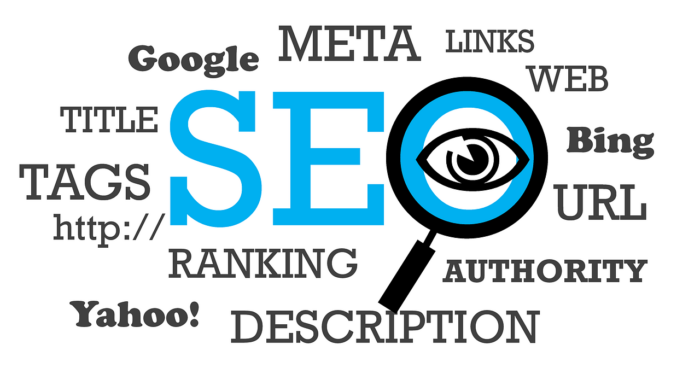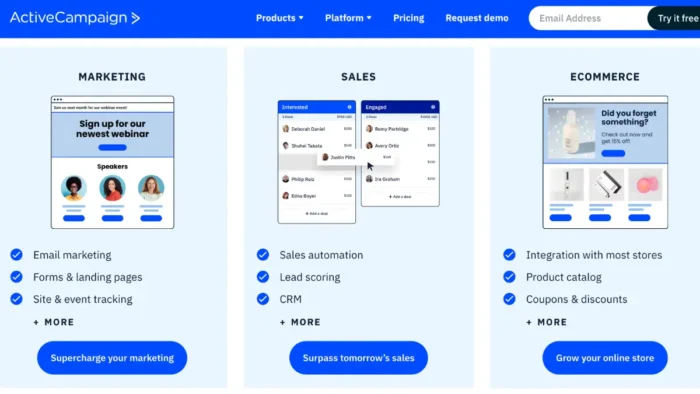How many times a day do you reach for your phone and Google something? If you’re anything like me, you couldn’t even begin to count! Whether you want to know a recipe, the definition of a word, who sings a particular song or where to go on holiday, a few quick clicks and all the information you need is right there in front of you – but how do search engines decide which results to put where? That’s what SEO, or search engine optimization, is all about.
What is going to give you the right answers?
Search engines, like Google, know that if they don’t give you useful, relevant results, you’ll stop using them, so their main aim is to provide you with the best answers to your searches. There are so many different ways they do this – looking at the security of a site, how much relevant content they have, and whether anyone else recommends them. For example, some companies help brands get high-quality backlinks from other relevant sites, that tell the search engines that the brand’s content is worth linking to, and therefore, worth showing higher on results.
Keywords are king
When you search for something online, you’re using keywords, and for a result to come up, as well as the other things we’ve mentioned, the page has to include the keywords you’ve searched for. This can sometimes lead to people doing things that Google frowns upon, such as stuffing a page with keywords, but not actually supplying any real, useful, or valuable content. However, Google has ways of picking up on this.
Quick and easy
In a world where everything is at our fingertips, we want things as quickly and easily as possible, and that’s something else that search engines look at when choosing rankings. If a site takes too long to load or their URL strings are too long and complex, it decides to move them down the list and therefore decreases their chance of getting clicks and conversions.
Accessible to everyone
A good site should be accessible to everyone, and one big part of this is adding alt tags to any images. On the one hand, it allows the search engine robots to crawl and index the sites by showing that the images are relevant but, more importantly, it allows visually impaired visitors who use screen readers know what the picture is too.
📖 More similar articles
SEO is how search engines ensure they are giving you the most relevant results when you search for something without having to click through 100 pages of nonsense! There are many things to think about when it comes to improving your SEO, from the technical side (site loading speeds, alt tags for images, etc.) to the user experience (creating useful, engaging content that answers the query you put into the search bar). It’s certainly a work in progress to get onto the front page (and stay there!), but it’s a really important part of getting your brand, product or service seen by the right people.



